How to Not Fail at Your New Year Resolutions
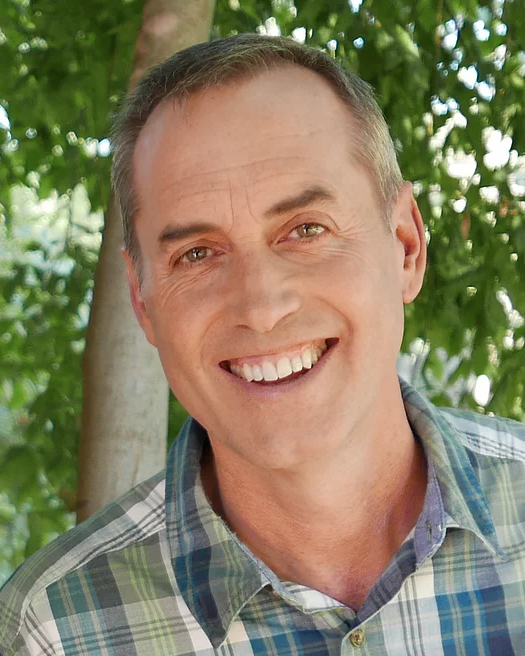
Stanford behavioral researcher B.J. Fogg, author of Tiny Habits, knows a few things about what approaches help new habits stick, which I’ve found to be true myself. Original image courtesy Wikipedia user Wikiwisesw under CC BY-SA 4.0.
With the approach of the New Year, many people are thinking about resolutions, but the truth about most New Year’s resolutions is that they don’t stick. Or they don’t stick for long. This isn’t on account of personal failure. According to Stanford behavior scientist B.J. Fogg, author of the NY Times bestseller Tiny Habits, the problem is how we humans approach habit formation in the first place.
An all-or-nothing mindset, which frames struggles as “failure” and anything short of “perfection” as unacceptable, is a hard line to take with ourselves. And since struggling with a new habit is very common and perfection is by its nature unachievable, virtually everyone will at some point feel as though they have failed. They then identify with that “failure” (a normal part of being human!) and begin to think of themselves as “failures.” And that mentality gets in the way of our trying anything new down the line. We stay in our comfort zones...or ruts. All-or-nothing thinking prevents growth. So what can we do about it?
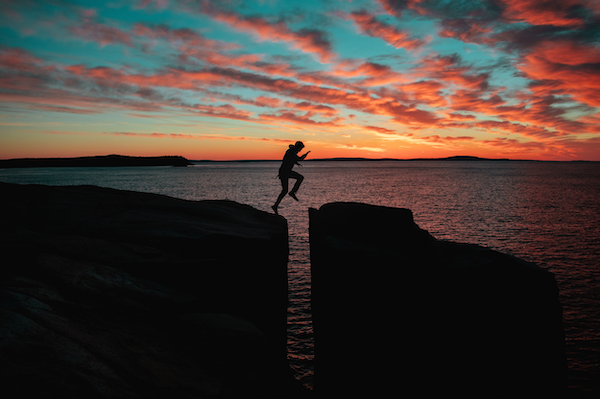
If we try once but don’t succeed, it is imperative that we try again, rather than identify with the so-called “failure” we’ve experienced. Image courtesy Kristopher Roller on Unsplash.
Here are a few nuggets of wisdom from B.J. Fogg and the Stanford Behavior Design Lab that I’ve experienced to be true.
Set the bar low as you get started
Easing into a new habit is a great way to boost the likelihood that you’ll be successful establishing it longer-term. In a TEDx talk from 2014, Fogg discusses his favorite habit of all: before even standing up out of bed, saying to himself, “It’s going to be a great day.” It’s small, but it sends out ripples that affect the whole day.
This is certainly true of posture. Small habits — like a shoulder roll every time we sit down — generate a positive attitude when we do them. If we can do one small thing, we begin to build a generous, kind self-confidence which doesn’t rule out another modest effort down the line. Keeping our focus small and manageable keeps us from overreaching, then blaming ourselves for not meeting impossibly high standards.
The “drip” approach is something we’ve built an entire online course around. Gokhale Elements consists of 18 bite-sized lessons clocking in at only 13 minutes each. We’ve had rave reviews from participants, including people who took our Foundations Course or day-long Pop-Up Course during the pre-COVID days. There’s something about smaller bites that makes it easier for folks to enjoy the full banquet on offer.
Playfulness and a light touch go a long way
Another wonderful way we can support positive habit-building is by keeping a playful attitude, as Fogg points out. Our mindset shapes how we experience reality. Consider the difference between someone who’s afraid to make a mistake and someone who has a sense of humor about their mistakes. The person who can get back on the horse without getting too stuck in self-judgment about failure and inadequacy is more likely to settle into the new habit.
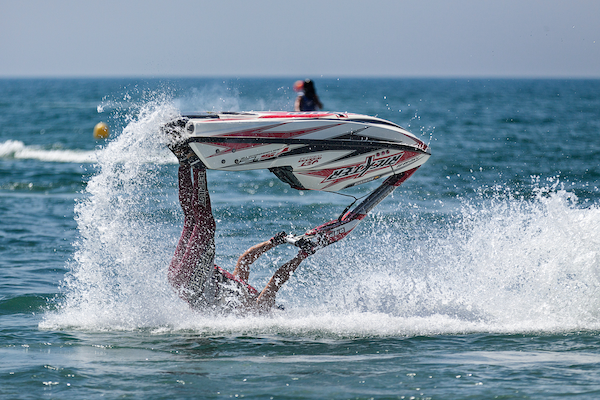
Oops! Laughing at and learning from our mistakes can help us avoid conflating a single result with overall success. This in turn helps us keep going with our new habits, even when we have an off day. Image courtesy Quino Al on Unsplash.
Dance is probably my favorite medium for combining healthy posture habits with playfulness. With dance, you can tweak and explore movement and feel out what works for your body (within reasonable limits). It’s one of the nicest ways to reconnect with a sense of play many of us have not experienced since childhood. We’ve incorporated this into our live daily program, 1-2-3 Move with Esther. Each daily session kicks off with 15 minutes of free-form community dancing. I look forward to it every day, and so do the members of our vibrant community.
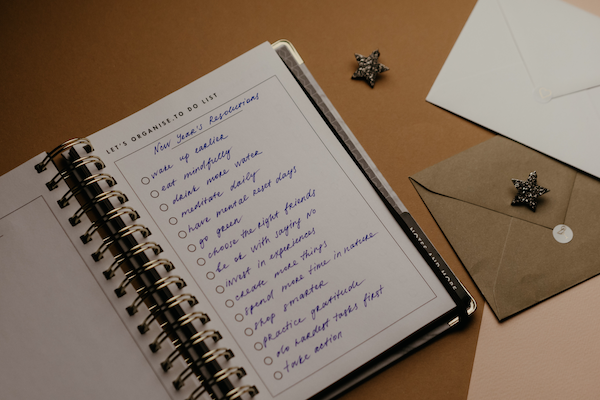
No matter what we choose as our New Year’s resolutions, our efforts are meaningful. Image courtesy Polina Kovaleva on Pexels.
Experiment with different approaches and find what fits
Fogg also suggests we try out different approaches to establishing the same habit and see what’s the most fruitful for us. It’s a good idea: we know better than anyone else what it’s like to be us. A one-size-fits-all approach doesn’t work for everyone. A particular habit might get more traction first thing in the morning, while another works nicely at lunchtime.
This is why we have multiple metaphors and frameworks to approach our posture techniques. As an example, we have numerous ways — tactile, visual, and kinesthetic — to recruit the “inner corset,” and different members of our alumni community use different approaches.
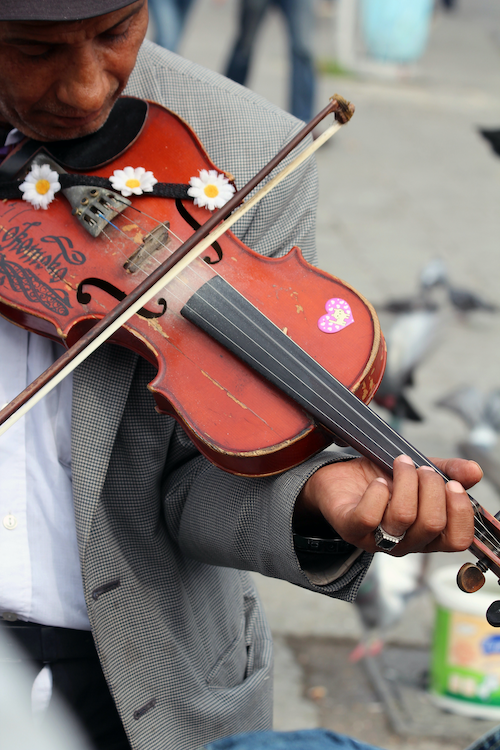
It’s not necessarily realistic to assume that we should treat new habits any differently than learning a new skill that requires building up to. After all, they are new skills! Image courtesy Şahin Sezer Dinçer on Pexels.
Practice habits like you’d practice an instrument
Just as we can’t take a violin out of its case for the first time, step onstage, and expect to play a moving solo with no prior experience, habits have to be practiced in order to get more familiar and reflexive. Fogg’s research reflects this: what’s familiar has a higher likelihood of becoming part of our day. And isn’t that the goal of New Year’s resolutions in the first place? Nobody wants to go full-throttle for two weeks and then quit and feel bad about it.
Posture is like this, too. We’re all constantly practicing our posture habits, consciously or unconsciously. Weaving posture techniques into our daily activities is the best way to reinforce them as habits that stick and, eventually, require less and less conscious effort.
What’s your favorite way to help habits (posture or otherwise) get established and take root? We’d love to hear your tips in the comments!

Comments
Add New Comment
Login to add commment
Login